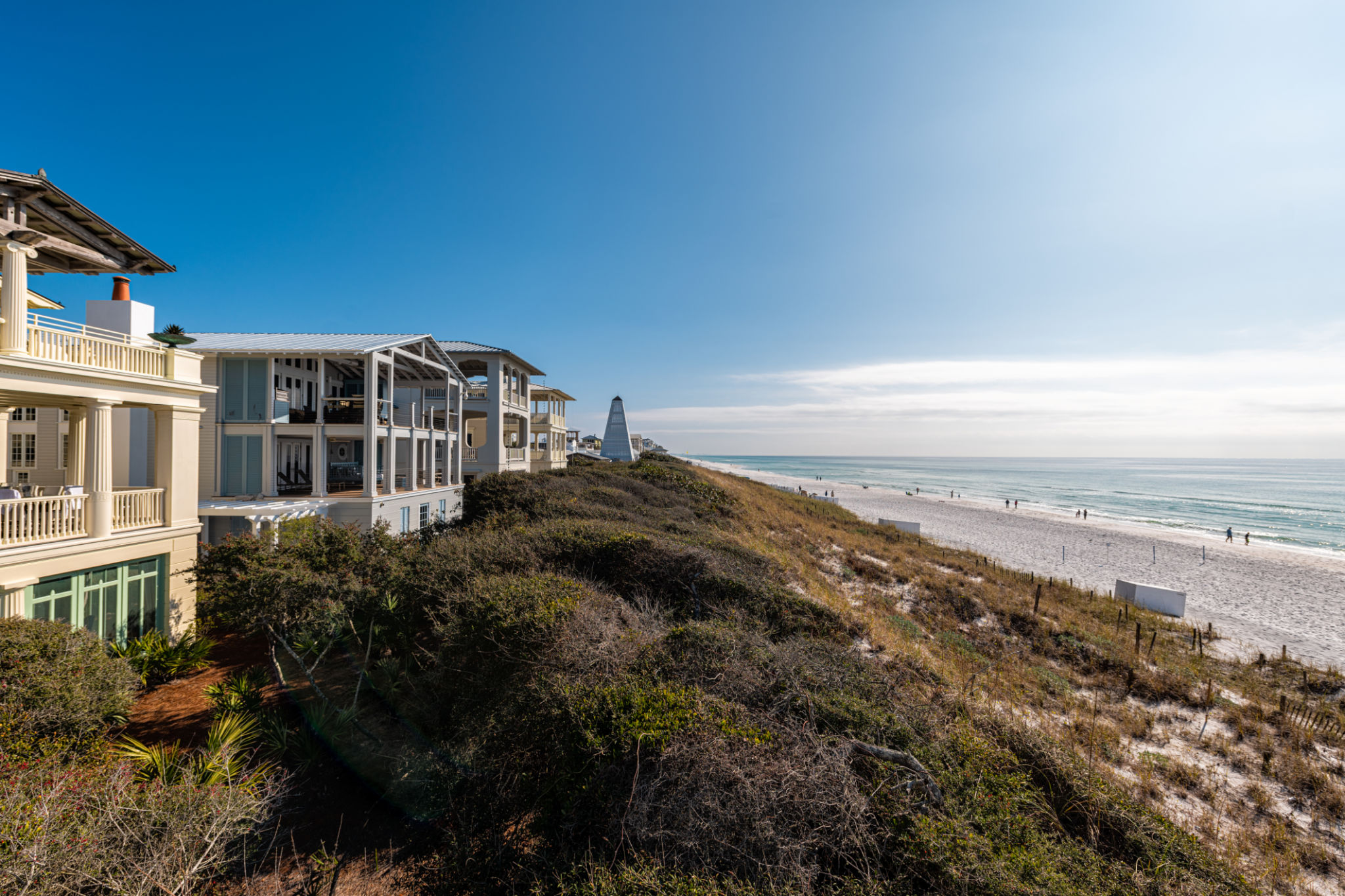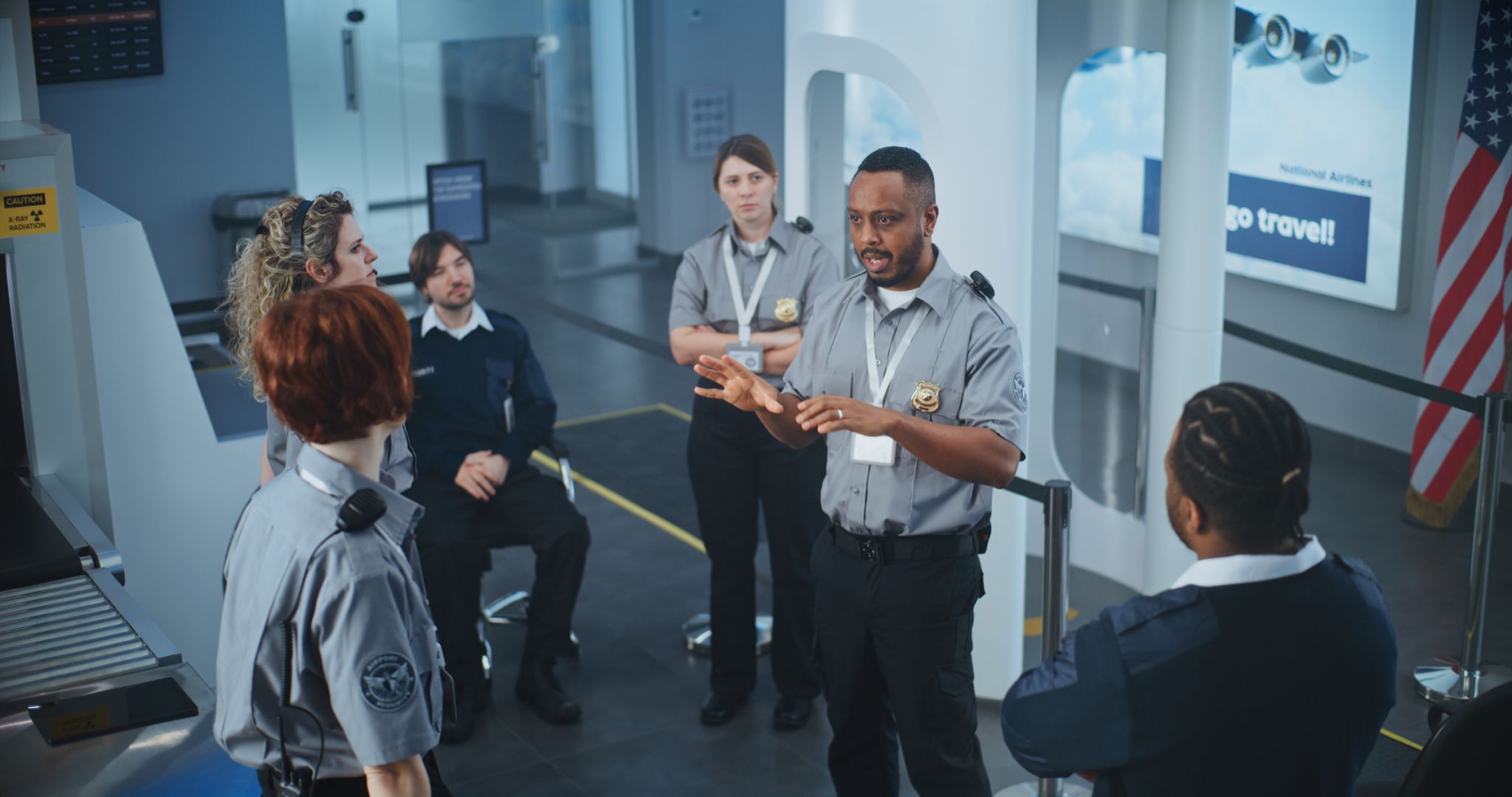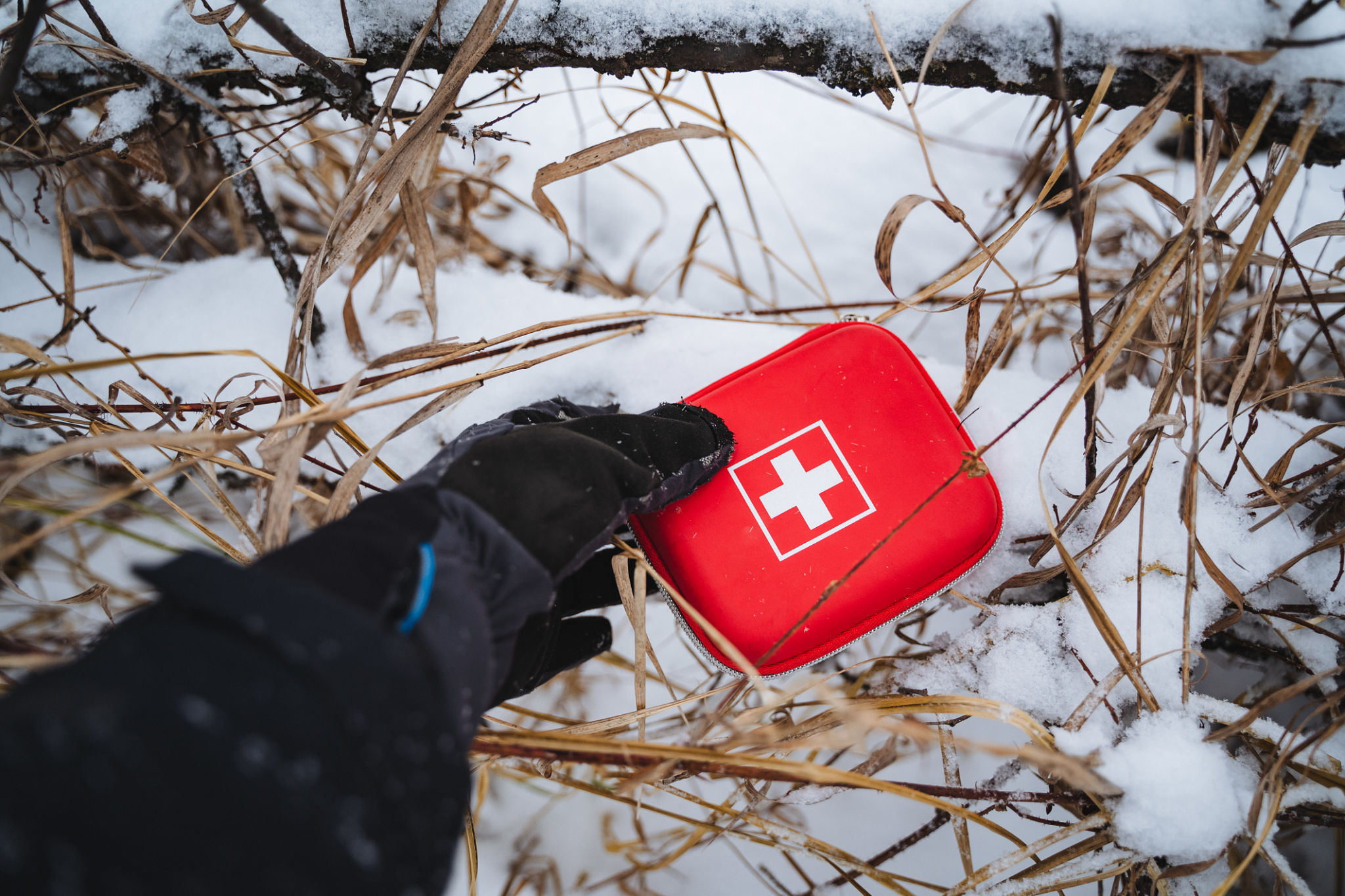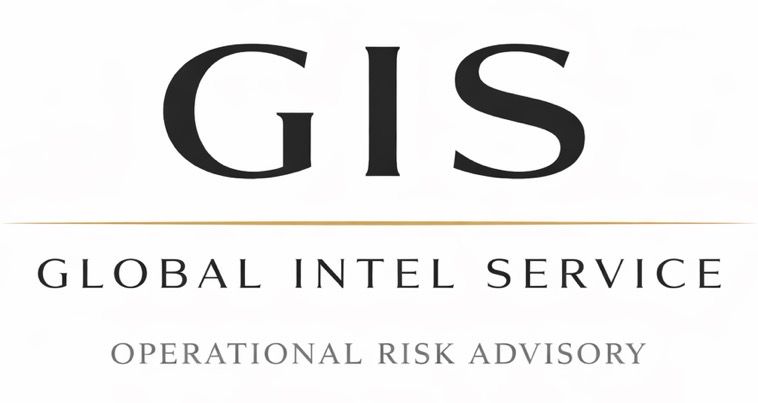Seasonal Security Preparation for Coastal Resorts: Best Practices
Understanding the Importance of Seasonal Security
Coastal resorts are popular destinations, attracting tourists from all over the world. With the influx of visitors during peak seasons, ensuring the security of both guests and staff becomes crucial. Seasonal security preparation involves implementing strategies that address the unique challenges faced by coastal resorts, such as fluctuating visitor numbers and changing weather conditions. By focusing on proactive measures, resorts can create a safe and welcoming environment.

Conducting a Comprehensive Risk Assessment
A critical first step in preparing for seasonal security is conducting a comprehensive risk assessment. This involves identifying potential threats and vulnerabilities specific to the resort's location and operations. Consider factors such as natural disasters, crime rates, and the potential for unauthorized access. By understanding these risks, resorts can tailor their security measures accordingly, ensuring that they are both effective and efficient.
Enhancing Physical Security Measures
Physical security measures are a cornerstone of any effective security strategy. During peak seasons, it is essential to enhance these measures to accommodate increased visitor numbers. This could involve installing additional surveillance cameras, improving lighting in key areas, and deploying more security personnel. It is also important to regularly maintain and test existing security equipment to ensure it is functioning optimally.

Implementing Access Control Systems
Access control systems are vital for managing who can enter different areas of the resort. Implementing electronic key card systems or biometric access controls can help prevent unauthorized entry and ensure that only authorized individuals have access to restricted areas. During high season, it may be beneficial to review and update access permissions to reflect any changes in staffing or visitor services.
Training Staff for Enhanced Security Awareness
Staff play a crucial role in maintaining security at coastal resorts. Providing regular training sessions on security protocols and emergency procedures can enhance staff readiness and response capabilities. Training should cover how to identify suspicious behavior, how to handle emergencies, and the importance of reporting any security incidents promptly.

Effective Communication Strategies
Clear communication is vital in ensuring the effectiveness of security measures. Resorts should establish robust communication channels between security personnel, management, and staff. Utilizing modern communication tools and platforms can facilitate quick dissemination of information during emergencies. Additionally, informing guests about resort security policies and procedures upon check-in can help set expectations and encourage cooperation.
Utilizing Technology for Enhanced Security
Incorporating technology into security strategies can greatly enhance their effectiveness. Consider implementing advanced surveillance systems with real-time monitoring capabilities or using drones for aerial surveillance of the resort premises. Smart technology can also help streamline incident reporting and response coordination, ensuring swift action when needed.
Preparing for Natural Disasters
Coastal resorts are often vulnerable to natural disasters such as hurricanes or storms. Having a robust disaster preparedness plan is essential for minimizing risks and ensuring guest safety. This plan should include clear evacuation procedures, designated safe zones, and communication strategies to keep guests informed throughout the event.

By adopting these best practices in seasonal security preparation, coastal resorts can create a secure environment that enhances guest satisfaction and ensures smooth operations during peak tourist seasons. Prioritizing security not only protects guests but also preserves the resort's reputation as a safe and desirable destination.
